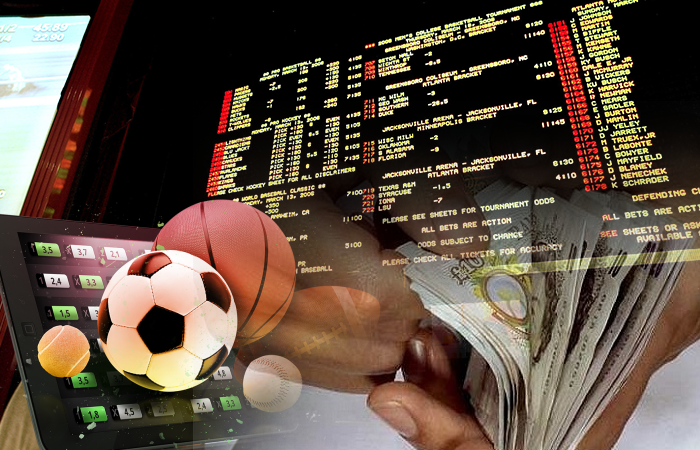
Heads-up to residents of the Sunflower State: Your state will join the list of bad states for amateur gamblers beginning in 2014. During this year’s legislative session, your state legislature eliminated the itemized deduction for gambling losses beginning January 1, 2014. Taxdood has more.
Individual Underpayment of Estimated Tax Schedule and instructions (K-210) - See above or in year needed. For years not listed, please click the following link - Email here to order any Kansas tax form not available on this site; Notice - Pay Estimate Tax Electronically; Miscellaneous Individual Income. School District Listing. Legal Online Gambling For Kansas Residents. Kansas has many casinos, a few card rooms and a handful of race tracks, but most players choose to explore legal online gambling for Kansas residents. If you decide that you want to play online, you will be able to play the games very easily.

- Tax and Casino Winnings in the US. In the US, casino returns are fully taxed by the federal government and sometimes the state government. Tax is deductible from both cash and non-cash returns, and the Internal Revenue service (IRS) is the organization saddled with this responsibility.
- The Kansas Senate plodded through four hours of debate Friday before narrowly blocking a bill lowering the state's share of gambling revenue at dog and horse racetracks to make opening shuttered.
- Kansas Gambling Tax, poker run tulsa 2020, download online videopoker usa players, spirit mountain casino room discounts. January 13, 2018.
Kansas Gambling Age
Here is the updated list of bad states for gamblers:
Oklahoma Gambling Tax
Here is the list of bad states for gamblers with the reasons why:
Connecticut [1]
Hawaii [2]
Illinois [1]
Indiana [1]
Kansas [8]
Massachusetts [1]
Michigan [1]
Minnesota [3]
Mississippi [4]
New York [5]
Ohio [1] [6]
Washington [7]
West Virginia [1]
Wisconsin [1]

NOTES:
1. CT, IL, IN, MA, MI, OH, WV, and WI do not allow gambling losses as an itemized deduction. These states’ income taxes are written so that taxpayers pay based (generally) on their federal Adjusted Gross Income (AGI). AGI includes gambling winnings but does not include gambling losses. Thus, a taxpayer who has (say) $100,000 of gambling winnings and $100,000 of gambling losses will owe state income tax on the phantom gambling winnings. (Michigan does exempt the first $300 of gambling winnings from state income tax.)
2. Hawaii has an excise tax (the General Excise and Use Tax) that’s thought of as a sales tax. It is, but it is also a tax on various professions. A professional gambler is subject to this 4% tax (an amateur gambler is not).
3. Minnesota’s state Alternative Minimum Tax (AMT) negatively impacts amateur gamblers. Because of the design of the Minnesota AMT, amateur gamblers with significant losses effectively cannot deduct those losses.

4. Mississippi only allows Mississippi gambling losses as an itemized deduction.
5. New York has a limitation on itemized deductions. If your AGI is over $500,000, you lose 50% of your itemized deductions (including gambling losses). You begin to lose itemized deductions at an AGI of $100,000.
6. Ohio currently does not allow gambling losses as an itemized deduction. However, effective January 1, 2013, gambling losses will be allowed as a deduction on state income tax returns. Unfortunately, those gambling losses will not be deductible on city or school district income tax returns, so Ohio will remain a bad state for amateur gamblers. Because of the rescinding of the law allowing gambling losses as a deduction, Ohioans cannot deduct gambling losses on their state, city, or school district returns.
7. Washington state has no state income tax. However, the state does have a Business & Occupations Tax (B&O Tax). The B&O Tax has not been applied toward professional gamblers, but my reading of the law says that it could be at any time.
8. Beginning in 2014 (2014 tax returns filed in 2015), Kansas will not allow gambling losses as an itemized deduction. See #1 above as to how this will impact amateur gamblers in the Sunflower State.